Butterflies Don’t Belong in Nets (Mary)
Mary (2007, official bootleg, Clyde set)
Let’s begin on January 11th, 1967, in London, where the Jimi Hendrix Experience went into the studio and to cut “Purple Haze.” With twenty minutes left in the session, they decided to cut a quick demo of a newly written song as well, “The Wind Cries Mary.” Written by Hendrix following a screaming fight with his then-girlfriend Kathy Etchingham (Mary being her middle name, which Hendrix would use to annoy her) over whether her mashed potatoes were too lumpy, the song is a downbeat R&B number with lyrics that can be best described as a sad man’s psychedelic whinge.
A quarter-century later, Tori Amos stepped into a Capitol Records studio with Davitt Sigerson to pen a response of sorts. “Mary” is no straightforward response song reimagining events from Etchingham’s perspective—indeed it’s not even about her in any sense. Nor is it hostile to Hendrix to any real degree—he’s invoked on a chummy first-name basis in the second part of the chorus by way of reassuring the eponymous Mary that “even the wind cries your name.”
Amos, instead, is reaching for what will become one of the wellsprings of her work: the reclamation of the feminine divine. The lyric is gnomic—a wandering piece that repeatedly circles back to the ecological, both in the first verse (“lush valley all dressed in green / just ripe for the picking”) and the second (“rivers of milk are running dry / can’t you hear the dolphin’s crying / what’ll we do when our babies scream / fill their mouths with some acid rain”). Who exactly the Mary that Amos calls upon is vague—there’s no direct Christian imagery, but the name carries enough totemic power that there doesn’t have to be.
Indeed, Amos ends up playing an ambiguity in the space left by the lack of description—the default Mary is the Virgin Mary, but Amos is just as likely to be referring to Mary Magdalene. Indeed, in multiple 2003 interviews around the release of Tales of a Librarian (which featured a rerecorded version of “Mary”) Amos talked about the need “to marry the two Marys together.” And the lyrics certainly lean a little more Magdalene than Virgin in their vagueness, most obviously in the lines “Las Vegas got a pin-up girl / they got her armed as they buy and sell her,” which clearly evokes something adjacent to Mary Magdalene’s traditional (albeit unattested in the actual Bible) role as a prostitute. (The debate is ultimately settled in the compilation’s liner notes, which engage in the amusing game of filing the songs according to the Dewey Decimal System. There, “Mary” is cross-listed in 363.7:Social Problems and Social Services—Abuse of the Earth and 226:The Bible—Mary Magdalene.)
Ultimately, however, the song is more vague than quite works. The dualistic Mary leaning towards Magdalene is an interesting and well-supported read, but it ultimately doesn’t provide much useful insight for a song that swerves from bemoaning the objectification of women into a verse about acid rain without really filling in any of the space between those two concepts.…

 Mary (1992)
Mary (1992)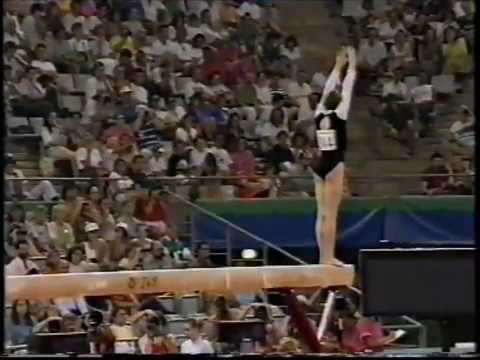 Take to the Sky (1992)
Take to the Sky (1992)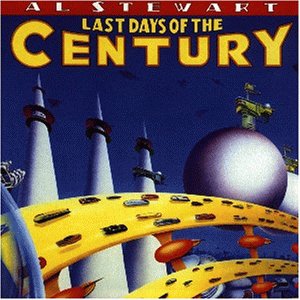 When I Was Dreaming (c. 1988 demo)
When I Was Dreaming (c. 1988 demo)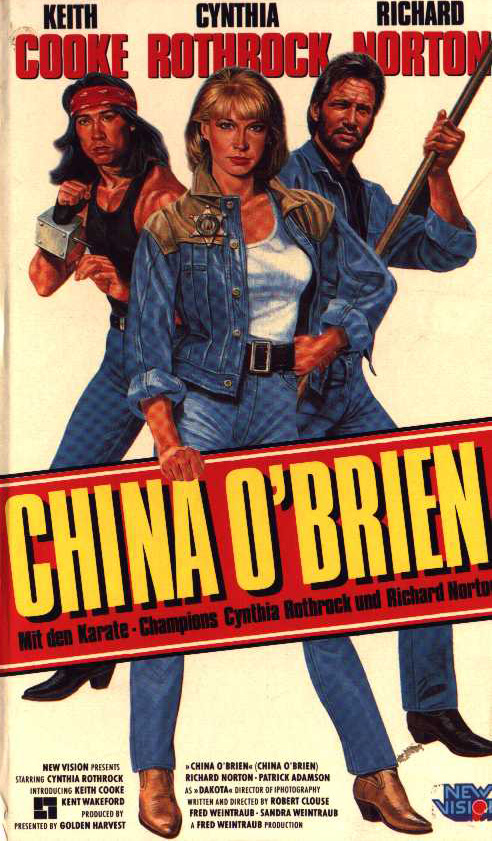 Distant Storm (1988)
Distant Storm (1988) Distance/China (demo)*
Distance/China (demo)*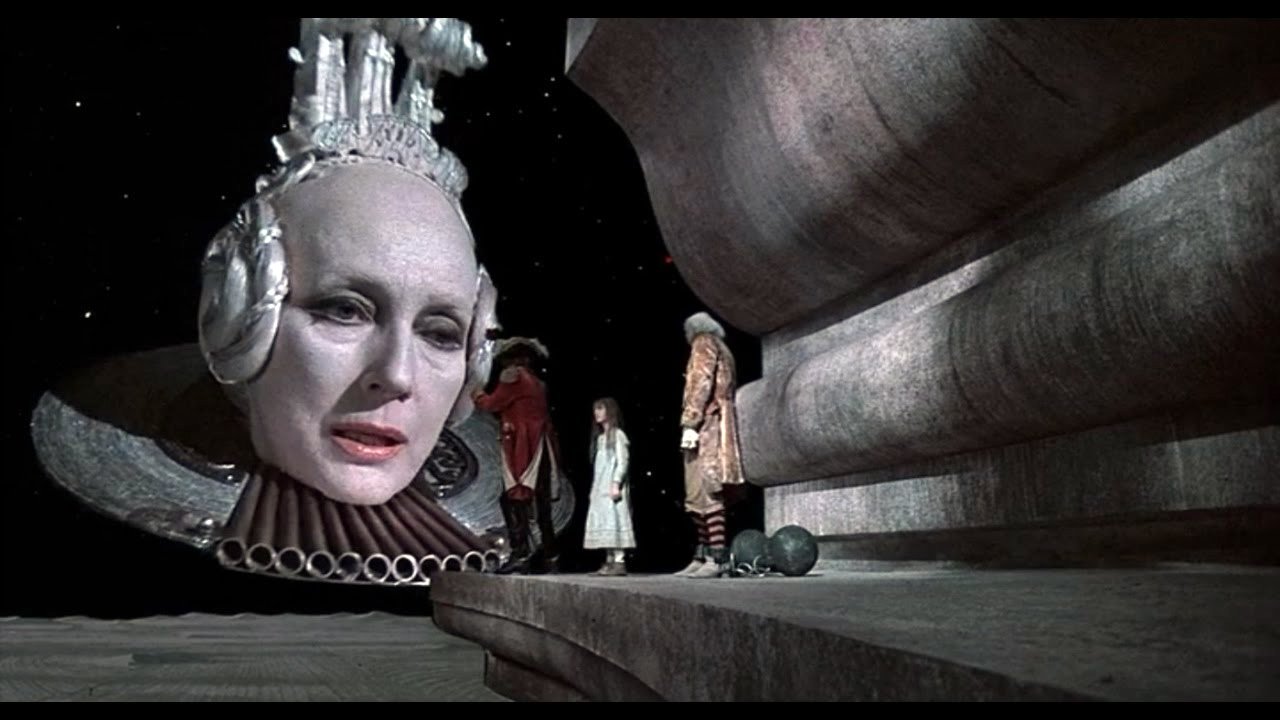 Etienne Trilogy (1988)
Etienne Trilogy (1988)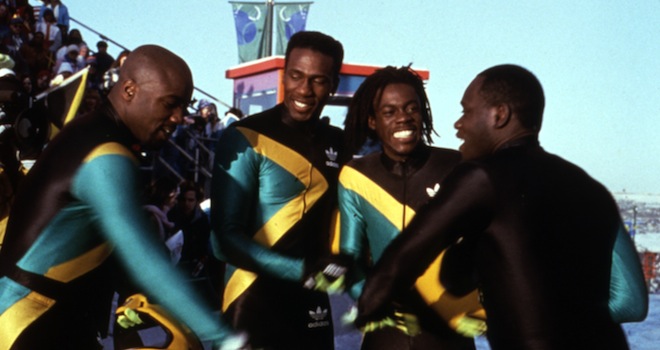 Cool on Your Island (1988)
Cool on Your Island (1988)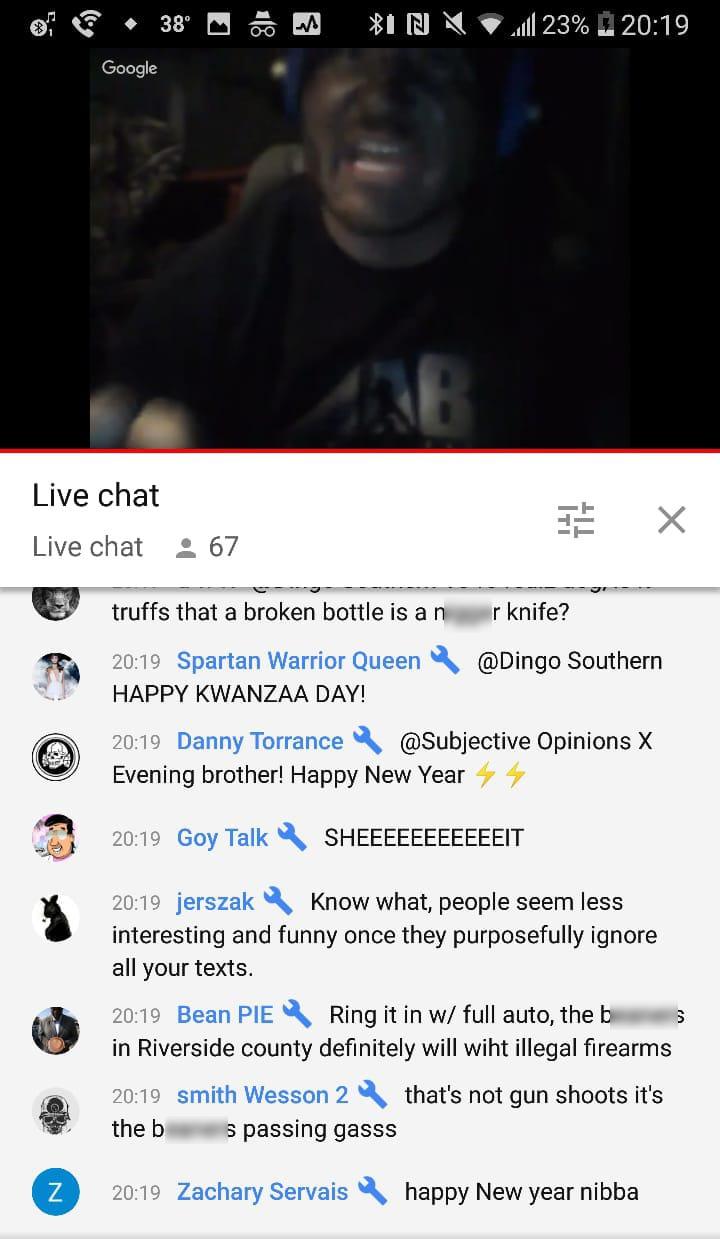 …
…